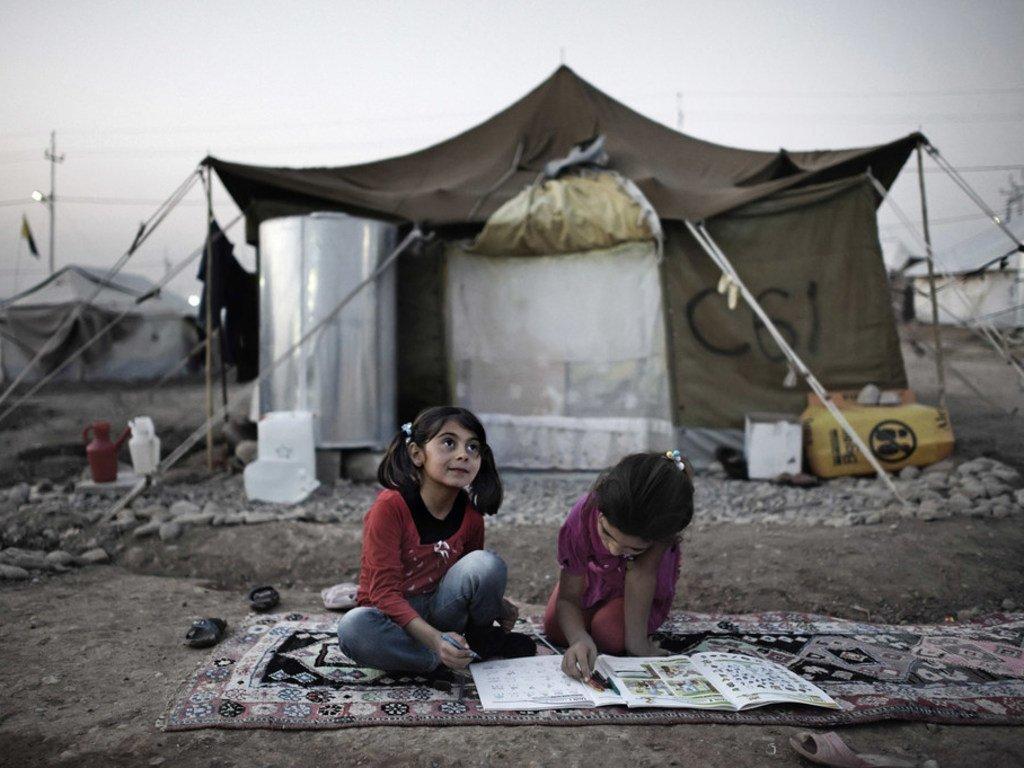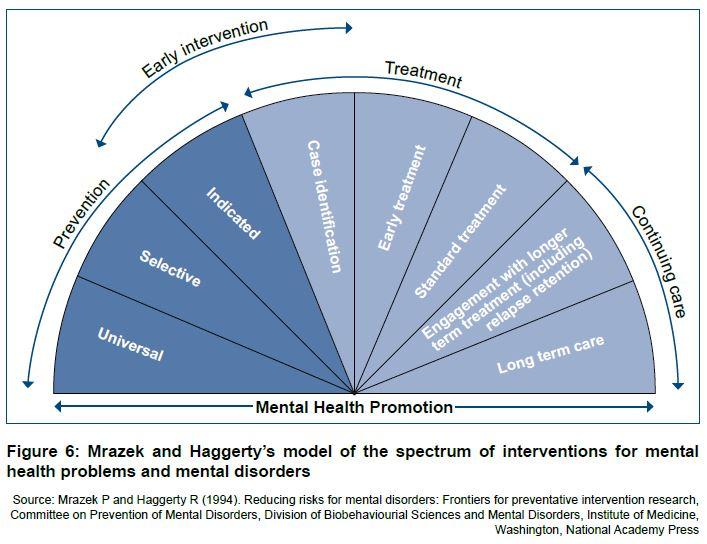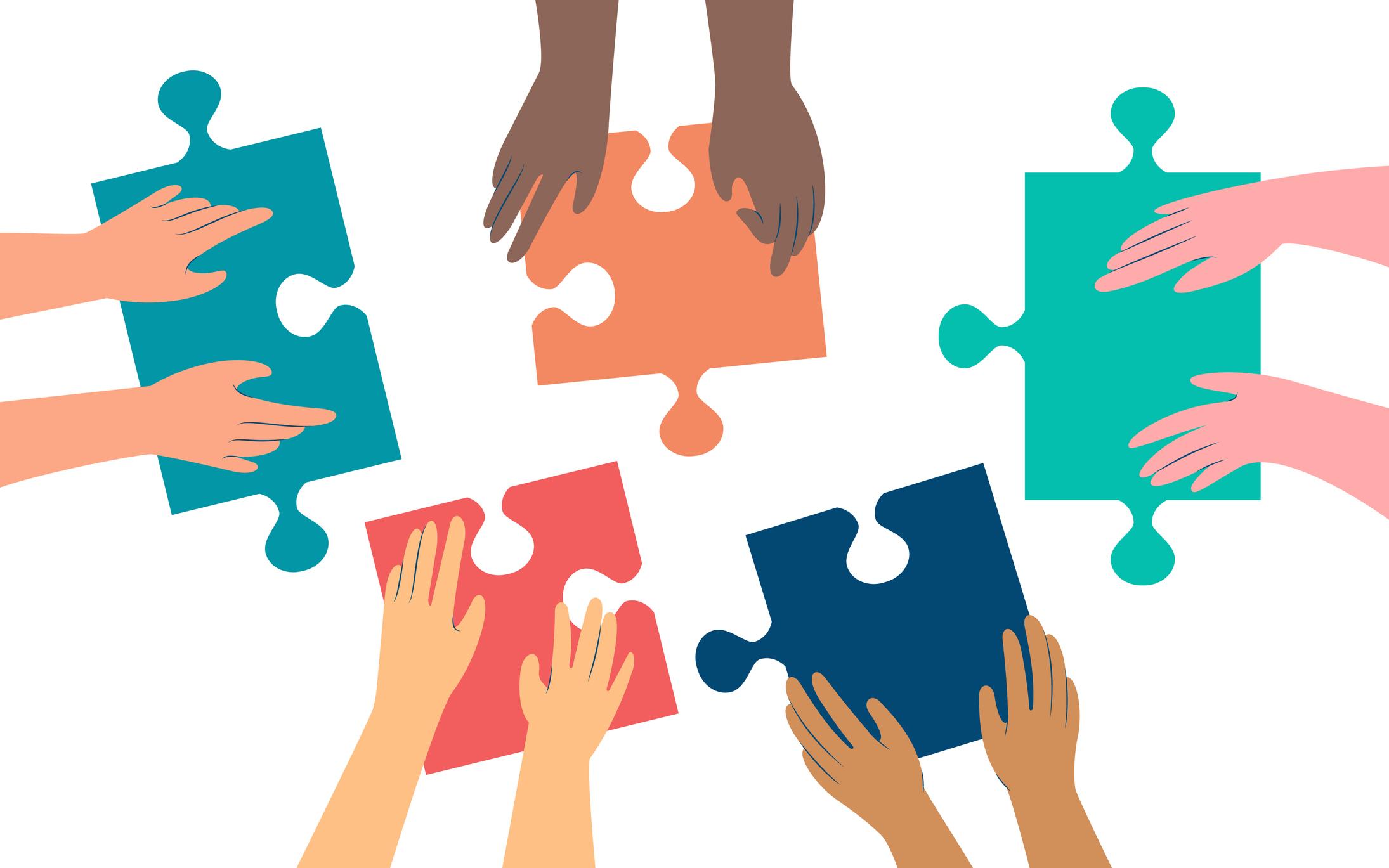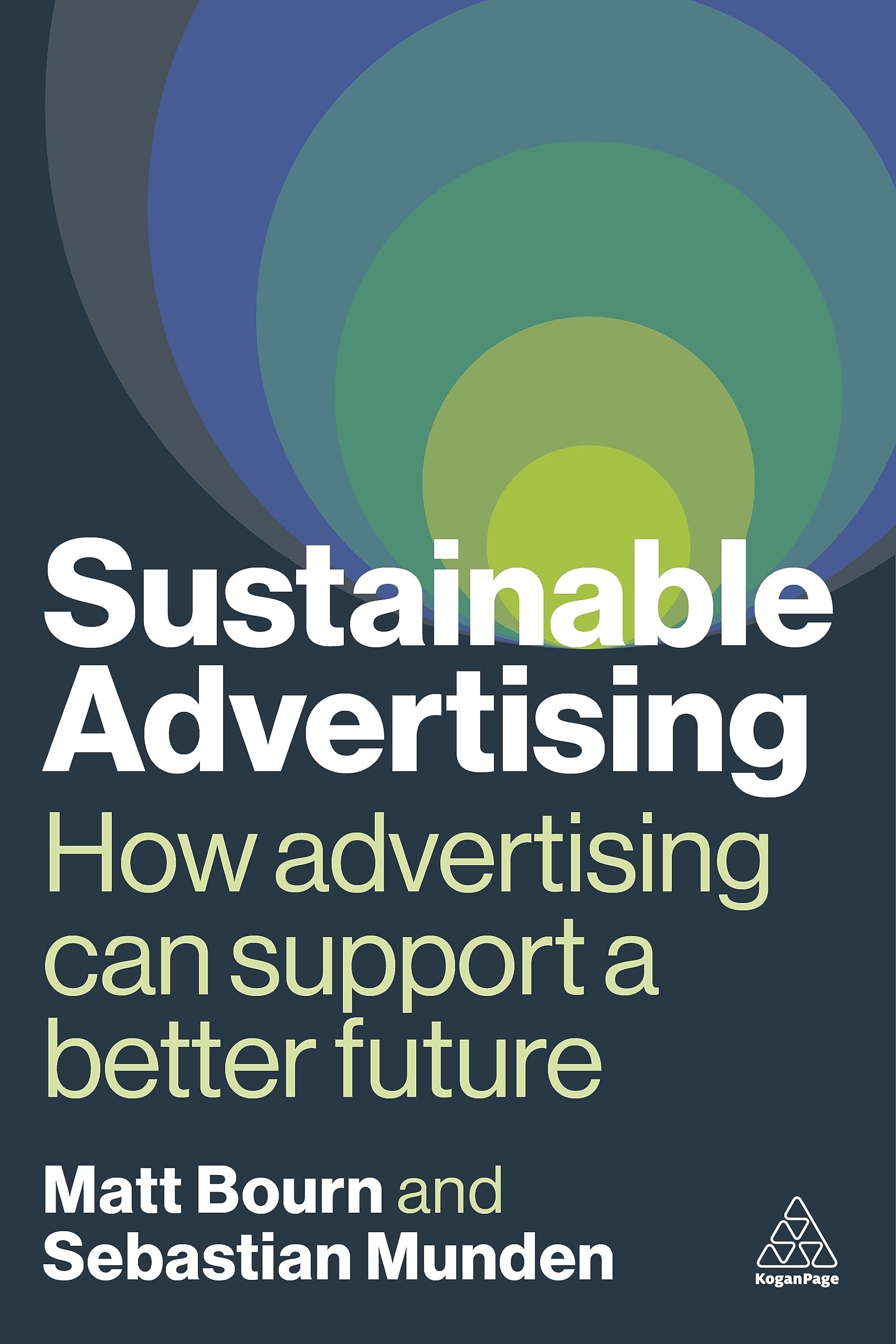UNICEF and Japan Unite for Refugee Kids’s Psychological well being in Armenia
In a exceptional collaboration, UNICEF and the Authorities of Japan are ramping up efforts to boost psychological well being and psychosocial assist providers particularly tailor-made for refugee youngsters in Armenia. This initiative goals to tackle the pressing psychological wants of youngsters affected by displacement, offering them with the mandatory instruments to manage with trauma and uncertainty. This system is not going to solely deal with instant interventions but in addition promote long-term psychological well-being via the combination of assist providers inside native schooling techniques and neighborhood frameworks.
The initiative will contain coaching native professionals and caregivers in efficient psychological well being methods, guaranteeing that assist is each culturally related and accessible. Key parts of this system embrace:
Creating secure areas the place youngsters can categorical themselves and discover solace.Implementing community-based packages to foster resilience and social cohesion amongst displaced households.Offering coaching for lecturers and neighborhood leaders on how to determine and reply to psychological well being points.
By way of these collaborative efforts, each UNICEF and Japan reaffirm their dedication to prioritizing the psychological well being of weak populations, guaranteeing that refugee youngsters obtain the assist they desperately want throughout these difficult occasions.

Addressing the Distinctive Challenges Confronted by Refugee Kids
Refugee youngsters usually discover themselves in dire conditions, going through a myriad of challenges that can adversely have an effect on their psychological well-being.These younger people grapple with the trauma of displacement, lack of household, and unsure futures. In Armenia, these challenges are compounded by cultural boundaries and restricted entry to sources. To deal with these points, UNICEF, in collaboration with Japan, is stepping as much as improve psychological well being and psychosocial assist providers that particularly cater to the wants of those weak youngsters. By way of initiatives such as community-based counseling, peer assist teams, and trauma-informed care, the aim is to offer a holistic method to therapeutic.
Among the many varied methods employed to help refugee youngsters, the next focus areas have been deemed essential:
Trauma-Knowledgeable Care: Offering psychological assist that acknowledges the affect of trauma on youngsters’s behaviour and feelings.Group Engagement: Involving native communities within the therapeutic course of to foster a way of belonging and assist.Academic Alternatives: Creating packages that combine psychosocial assist into instructional settings to advertise resilience.household Involvement: Participating households to make sure that youngsters obtain assist of their house environment.ChallengeInterventionIsolationPeer assist groupsTraumaTrauma-informed careLack of resourcesCommunity partnershipsCultural barriersCulturally delicate packages
![]()
Increasing Entry to Psychosocial assist Providers
The collaboration between UNICEF and Japan marks a big step in the direction of enhancing the emotional well-being of refugee youngsters in Armenia. With rising pressures from displacement and uncertainty, these youngsters incessantly sufficient face a myriad of psychological challenges. By broadening entry to psychological well being and psychosocial assist providers, UNICEF goals to offer a secure house for therapeutic, resilience-building, and nurturing social connections. The important thing parts of this initiative embrace:
community-Primarily based Approaches: Participating native communities to foster a supportive atmosphere.Coaching Native Professionals: Equipping lecturers, healthcare employees, and caregivers with the abilities to determine and assist youngsters in misery.Cellular Help items: Deploying groups to attain refugee camps and distant areas for on-the-ground help.Culturally Related Packages: Designing actions that resonate with the cultural backgrounds of the youngsters.
Along with these methods, the initiative will additionally deal with creating an inclusive framework to be certain that all youngsters, regardless of their background, can profit from accessible sources. A scientific analysis of service effectiveness shall be employed, measuring affect via qualitative suggestions from each youngsters and caregivers. The next desk summarizes the anticipated providers:
Service TypeTarget GroupExpected OutcomeGroup Remedy SessionsChildren aged 6-12Increased social assist and coping skillsIndividual Counselingteenagers 13-17Reduction in anxiousness and despair symptomsFamily WorkshopsParents and caregiversImproved household communication and understandingCommunity resilience ProgramsLocal communityStrengthened neighborhood ties and assist networks

Proof-Primarily based Approaches to psychological Well being Interventions
The partnership between UNICEF and japan goals to implement complete psychological well being and psychosocial assist (MHPSS) providers tailor-made particularly for refugee youngsters in Armenia. this initiative employs evidence-based practices that prioritize the well-being of younger people who have confronted vital trauma and displacement. key parts of this system embrace:
Trauma-informed care: addressing the distinctive psychological wants of refugee youngsters via skilled professionals who perceive the impacts of trauma.Group engagement: Involving native communities in designing and delivering assist providers, guaranteeing cultural relevance and acceptance.Resilience-building actions: Offering instruments and sources that empower youngsters to deal with stress and develop wholesome coping mechanisms.
To make sure the effectiveness of the psychological well being interventions, information shall be constantly collected and analyzed. This proof will inform enhancements in service supply, fostering an adaptive method that responds to the evolving wants of those weak populations. A structured framework involving:
Focus AreaObjectivesExpected OutcomesAccess to ServicesExpand outreach and availability of supportIncreased variety of youngsters receiving MHPSSTraining for CaregiversEquip caregivers with vital skillsImproved caregiver-child interactionsMonitoring and EvaluationAssess program affect and effectivenessData-driven resolution making for steady enchancment

Group Engagement and Stakeholder Collaboration
the initiative to improve psychological well being and psychosocial assist providers for refugee youngsters in armenia exemplifies a strong mannequin of collaboration between UNICEF and the Japanese authorities. This partnership seeks to set up a framework that prioritizes the emotional well-being of weak youngsters who’ve skilled displacement and trauma. By fostering neighborhood engagement, native stakeholders will play a pivotal position in not solely delivering these providers but in addition in shaping them primarily based on the particular wants of the kids and households they serve. Key methods will embrace:
Coaching native professionals: Empowering lecturers, social employees, and healthcare suppliers with the abilities vital to acknowledge and tackle psychological well being points.Group workshops: Encouraging dialogue amongst households, extending assist networks, and lowering stigma related to psychological well being.Mother or father assist teams: Creating secure areas for fogeys to share experiences and coping methods, reinforcing neighborhood bonds.
Furthermore,engagement with numerous stakeholders,together with NGOs,authorities our bodies,and native neighborhood leaders,is essential.To successfully coordinate efforts and maximize affect, a collaborative mannequin shall be applied, which contains common conferences and workshops. This will facilitate the sharing of greatest practices and sources. The operational framework will embrace:
Stakeholder GroupRoleContributionUNICEFLead organizationResource mobilization and strategic guidanceJapanese GovernmentFunding partnerFinancial assist for program implementationLocal NGOsservice implementersOn-the-ground assist and outreachCommunity LeadersCultural mediatorsEnsuring cultural relevance of providers

Future steps for Sustainable Help and Capability Constructing
The partnership between UNICEF and Japan marks a pivotal shift in the direction of enhancing psychological well being and psychosocial assist providers for refugee youngsters in Armenia. To make sure the sustainability of those efforts, a complete technique specializing in capability constructing will be essential. This may contain:
Coaching Native Professionals: Implementing workshops and coaching classes for psychological well being professionals and educators to equip them with important abilities.Group Engagement: Involving native communities within the planning and supply of assist providers to foster possession and relevance.Useful resource Development: Creating accessible sources and toolkits tailor-made to the particular wants of refugee youngsters and households.monitoring and Analysis: Establishing a strong framework to evaluate the effectiveness of assist packages and make vital changes primarily based on suggestions.
Moreover, connecting with worldwide organizations and native NGOs will amplify the affect of those initiatives. A collaborative method can lead to:
Collaboration Areasexpected OutcomesJoint WorkshopsEnhanced skill-sharing and greatest practices.Localized ProgramsGreater relevance and effectiveness of assist providers.Shared ResourcesIncreased accessibility of psychological well being instruments for practitioners.
By committing to those strategic steps, each UNICEF and Japanese stakeholders can lay a strong basis for the psychological well-being of refugee youngsters in Armenia, guaranteeing that their wants are met each now and within the future.
In Retrospect
the collaboration between UNICEF and Japan represents a big step ahead in addressing the pressing psychological well being wants of refugee youngsters in Armenia. Because the battle in neighboring areas continues to displace households and disrupt lives,this initiative underscores the crucial significance of offering tailor-made psychological well being and psychosocial assist providers to weak youth. By enhancing entry to important sources and strengthening neighborhood resilience, this partnership goals to foster a sense of normalcy and hope amongst youngsters going through unsure futures. As efforts to scale up these important providers unfold, they won’t solely present instant aid but in addition contribute to the long-term therapeutic and integration of refugee youngsters inside Armenian society. The dedication to prioritize psychological well being in humanitarian responses is a commendable stride in the direction of guaranteeing that no baby is left behind, reaffirming the international crucial to safeguard the well-being of all youngsters, no matter their circumstances.
Source link : https://europ.info/2025/03/01/armenia-2/unicef-and-japan-will-scale-up-mental-health-and-psychosocial-support-services-for-refugee-children-in-armenia-unicef/
Creator : Mia Garcia
Publish date : 2025-03-01 07:34:00
Copyright for syndicated content material belongs to the linked Source.


